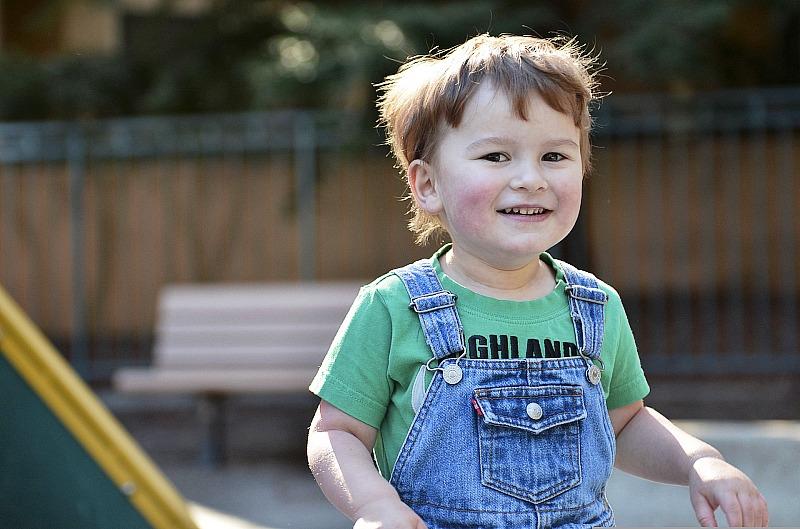
Welcome to the journey of discovery, understanding, and advocacy. You, or a loved one, have just received an autism diagnosis, and it’s natural to feel a whirlwind of emotions – confusion, concern, and perhaps even relief at finally having a name for what you’ve been experiencing.
While it might seem like you’ve been handed a complicated puzzle, know you’re not alone. This puzzle, once intimidating, will transform into a beautiful pattern that paints a unique story – your story. You’ll find an incredible network of resources, communities, and supportive individuals ready to guide and support you. You’re about to become an advocate for autism, championing understanding, acceptance, and empowerment for yourself and others.
- Empower Yourself With Knowledge
Autism is a spectrum disorder; understanding its nuances is the first step toward advocacy. Online resources like the Nevada Autism Center (NAC) and Autism Speaks provide credible, comprehensive insights about ASD. Equip yourself with this knowledge and become an advocate for yourself or your loved one.
- Lean on Local Support
Las Vegas is home to several autism support organizations. The NAC’s clinic offers evidence-based interventions and strategies. Similarly, the Grant a Gift Autism Foundation provides programs designed to assist families from diagnosis to adulthood. Reach out, utilize these resources, and amplify their meaningful work within your community.
- Connect and Collaborate
Connecting with others in similar situations can provide emotional support and valuable insight. Non-profit Families for Effective Autism Treatment, Inc. (FEAT) offers networking and mutual support, empowering families and individuals to face the challenges of ASD together.
A parent with a newly diagnosed child could connect with another parent who’s navigated school system accommodations, providing practical advice and emotional solidarity. An adult diagnosed with ASD could find a peer who has seen success in workplace adaptations, sharing strategies, and encouragement. Celebrate these connections and share your experiences for the benefit of others.
- Take Control of Your Mental Health
After an autism diagnosis, feelings of overwhelm, confusion, or relief can surge like a tidal wave. It’s perfectly normal to experience these emotions, but it’s essential not to let them become a perpetual undertow.
If you find yourself continually swept up in these feelings, it’s crucial to seek help from a professional experienced with autism. They can provide strategies to cope with these emotions, help you understand them better, and even guide you toward a healthier mental and emotional state. A therapist with expertise in autism can tailor their approach to your unique needs, understanding the distinctive ways that autism can shape your experiences and responses.
- Celebrate Strengths
Many individuals with autism have unique talents such as deep focus, an unparalleled ability to remember facts and figures, or an intricate, detail-oriented way of thinking. These aren’t just strengths; they’re superpowers that set those with autism apart in a beautifully distinctive way.
Imagine the power of a mind that can focus intensely on a particular task, drowning out distractions with a tenacity that others may find difficult to muster. Imagine a memory that can recall events, dates, or figures with such precision that it can put the most sophisticated computers to shame. Imagine a way of thinking that notices the minutest details, seeing the world with a level of intricacy that others may overlook.
What’s important is to celebrate these strengths, encourage them, and integrate them into productive and fulfilling activities through fostering personal growth and cultivating self-esteem. By promoting the positives, by shining a light on the unique abilities of those with autism, we can help to dispel myths and combat stereotypes. We can foster a society that values and respects neurodiversity and celebrates the strengths of those with autism as much as any other.
- Prioritize Early Intervention
Early intervention is vital in managing certain symptoms of ASD effectively. The UNLV Ackerman Center in Las Vegas offers services for assessing and treating children with autism. Promote the importance of early intervention and contribute to the broader conversation about autism care.
This path may be new and challenging, but remember, advocating for a brighter future begins with you. Lean on your community, use available resources, and raise your voice. It’s about proactive measures, such as building a routine that incorporates self-care, setting boundaries to protect your mental space, and finding creative outlets that allow for emotional expression. It can also mean joining support groups, where sharing your journey with others can provide a sense of community and help people feel less alone.
Your story can empower others and contribute significantly to the broader narrative of autism acceptance and understanding in Las Vegas and beyond.



















